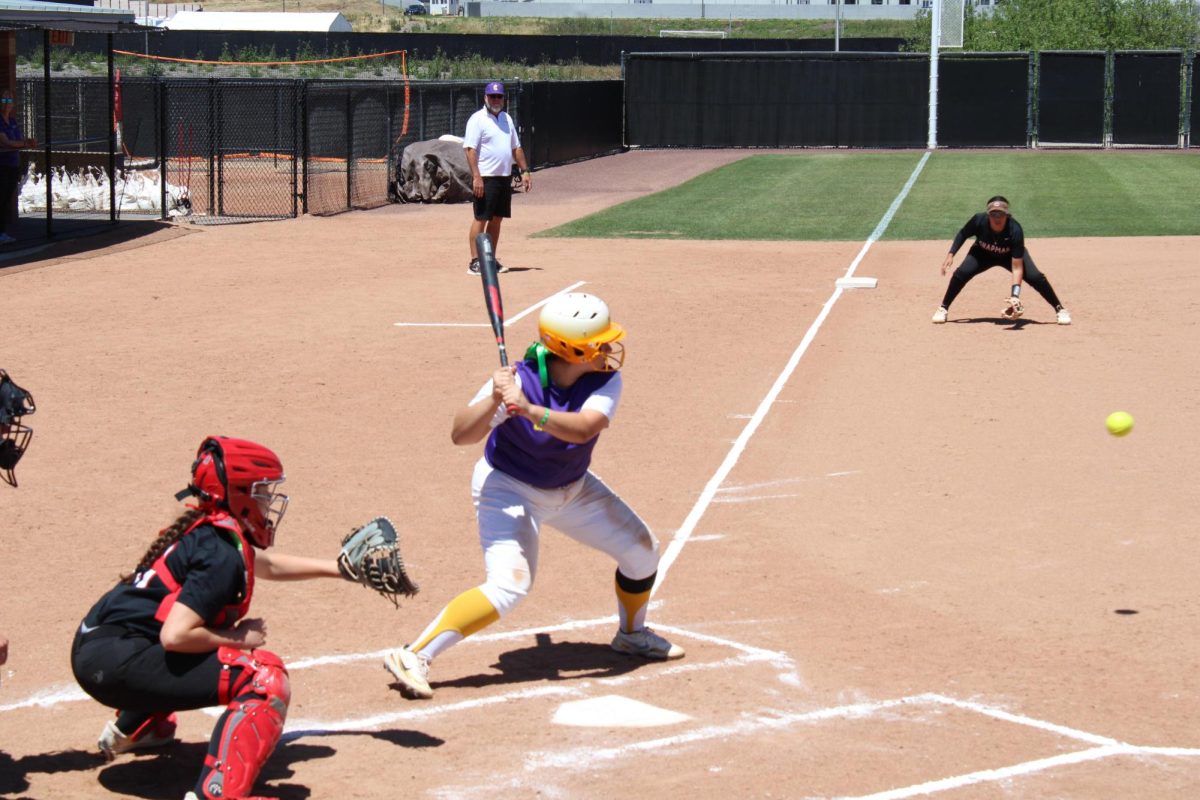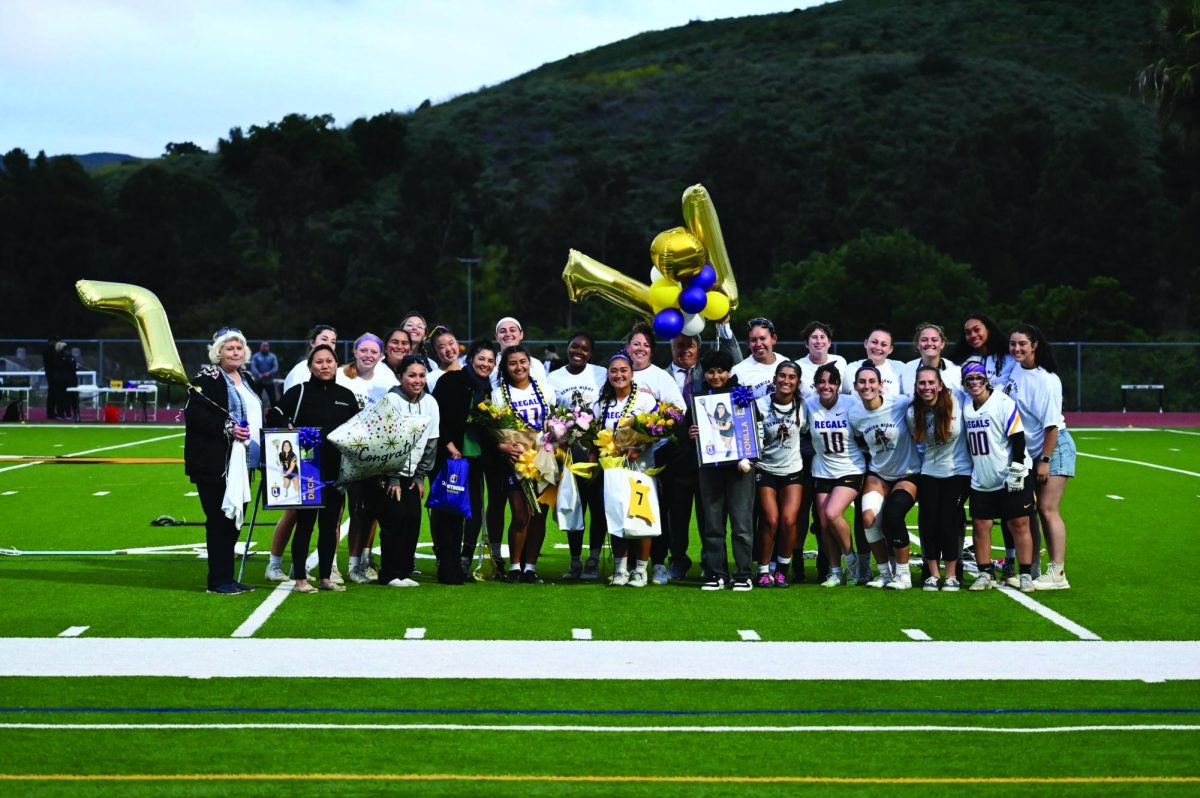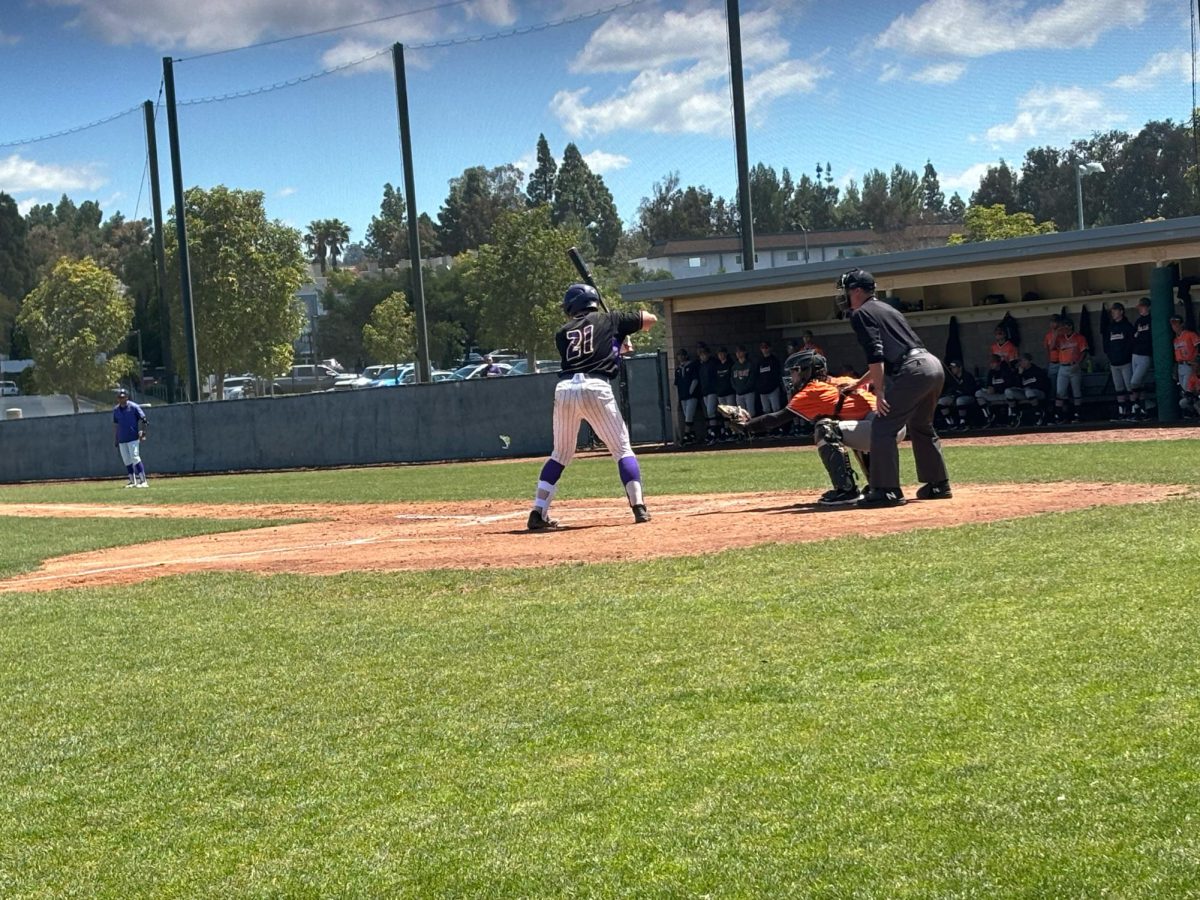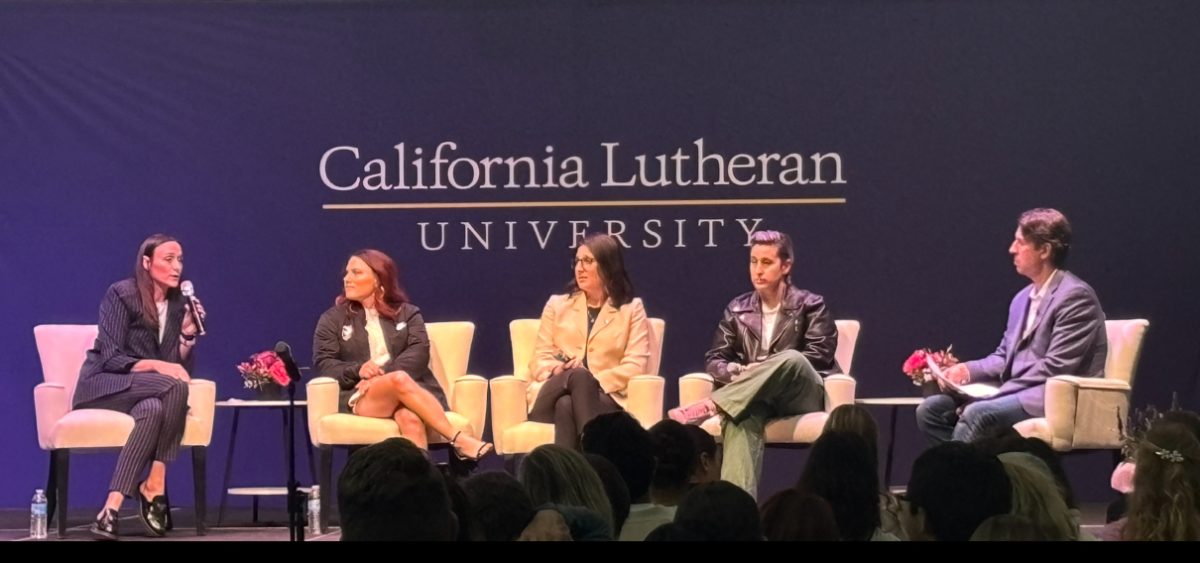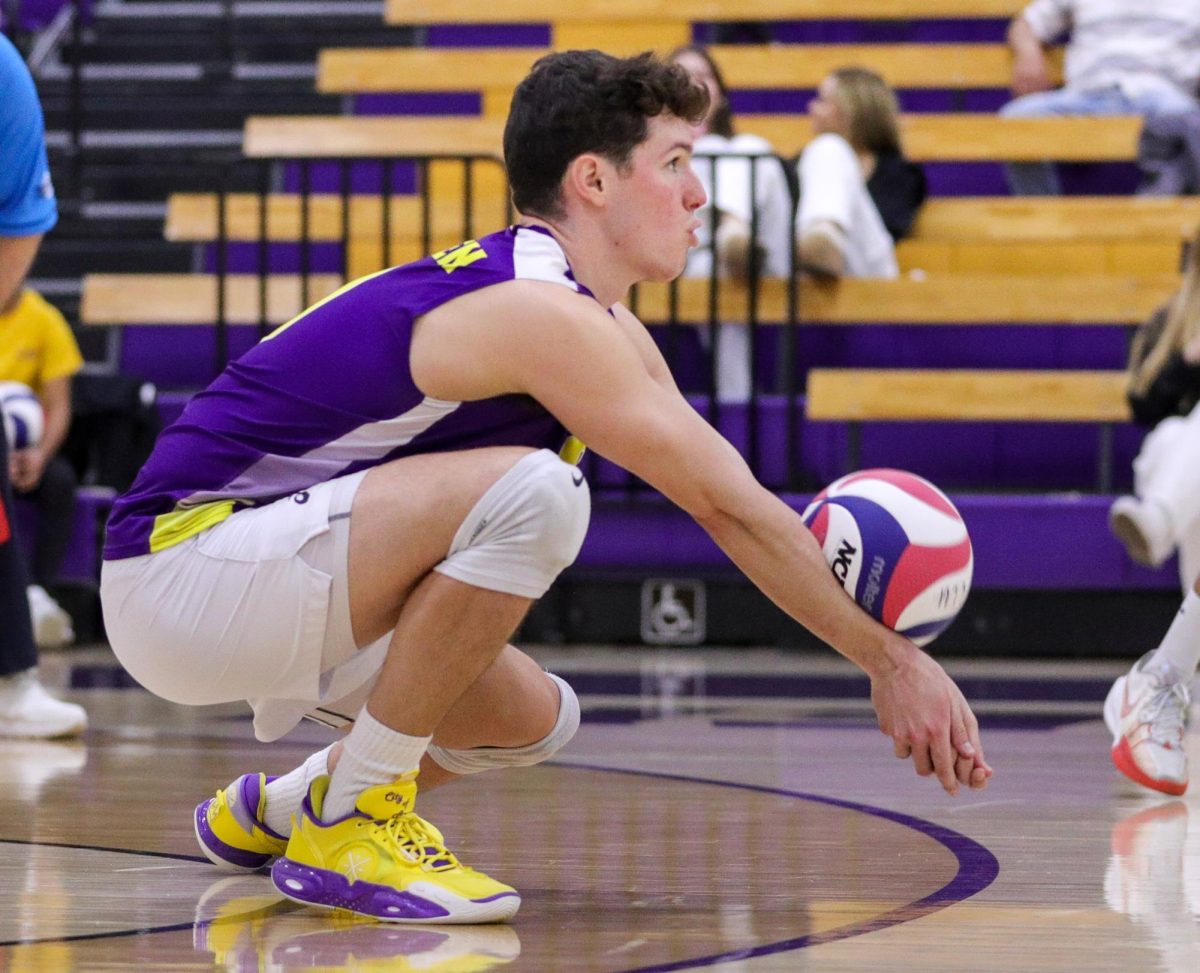Kailash Satyarthi and Malala Yousafzai were both awarded the Nobel Peace Prize on Oct. 10. According to nobelprize.org, they received the award “for their struggle against the suppression of children and young people and for the right of all children to education.”
Satyarthi is an Indian human rights activist who has been fighting to end child slavery and exploitative child labor since 1980, according to kailashsatyarthi.net. He has also developed a successful model for education and rehabilitation after the children are rescued.
Malala Yousafzai is a 17-year-old girl who is an advocate for girl’s education. She is the youngest person to ever win the Nobel Peace Prize. According to biography.com, she was shot in the head by a Taliban gunman Oct. 9, 2012 but survived and is now a role model for many young women.
Rahuldeep Gill, a religion professor at California Lutheran University, said he thinks the Nobel Peace Prize committee found it important to choose a Hindu and a Muslim to win.
“Malala is a child and Satyarthi works for children so there is definitely an emphasis on youth in this year’s selection,” Gill said. “I think one of the tragedies is that people who do work out there in the world don’t become known for their work.”
There are also critiques that Yousafzai was given the award to ease the guilt of her experience of getting shot. “It’s a pretty devastating critique. . . Why does a 17-year-old girl get to win the award when there are women around the world who are doing incredible work who we don’t know about,” Gill said.
He said the challenge of the critique is to ask the questions without taking away from Yousafzai’s victory because the work she has done is still very important.
Gill said he thinks the biggest difference between their works is time. Satyarthi is much older than Yousafzai and has been doing his work for over 10 years and he is not as known as Yousafzai is.
“They both stand for children, education, freedom and growing up in free societies where they get to fulfill their potential,” Gill said.
There is also the critique that either of the winners might get less credit for winning because the award was shared. Daniel Chell, a global studies department assistant, doesn’t agree with this critique.
“I don’t think it takes away from the importance of either of their works and I think that they do very similar work, both focused on children’s rights. So I think it’s more about bringing attention to an issue rather than to either person,” Chell said.
Chell said he sees Yousafzai as very deserving of the award because she is a very important promoter of peace.
“Malala is such a good role model for young women, showing that they can stand up for what they believe. She became one of the most political women overnight just from starting off with a blog,” Chell said.
Chell said he also believes Satyarthi does very peace-oriented work and focuses on the actual lives and rights of individual rather than being just a leader.
Juanita Hall, Senior Director of Multicultural and International Student Services, said that she finds them both very deserving of the award.
“Malala [deserves it] for her bravery and speaking out for women and Satyarthi deserves it too for all of his work in child labor and ending slavery. . . I think they’re both very deserving and I’m glad that they didn’t pick between the two,” Hall said.
She said she finds the courage of the two winners very profound.
“How do you not embrace the two of them and what they’re doing?” Hall said. “They both show incredible courage in the work they are doing.”
Isabel Kirsch
Staff Writer
Published October 22, 2014




